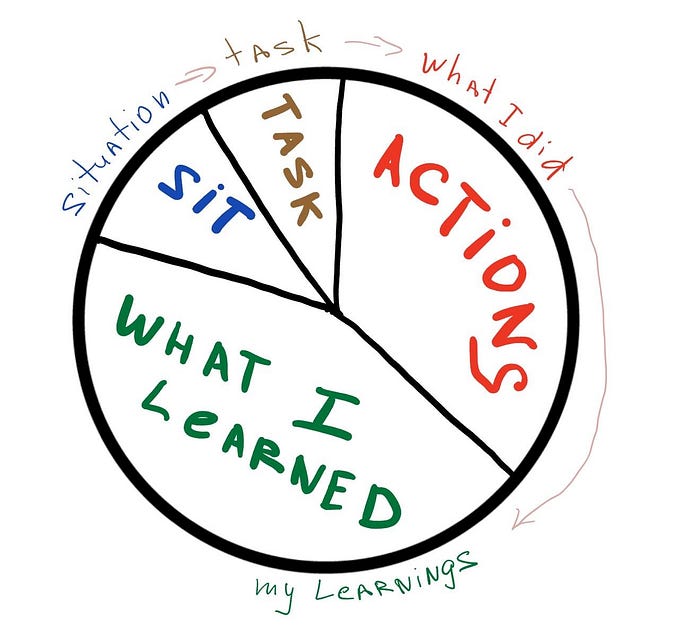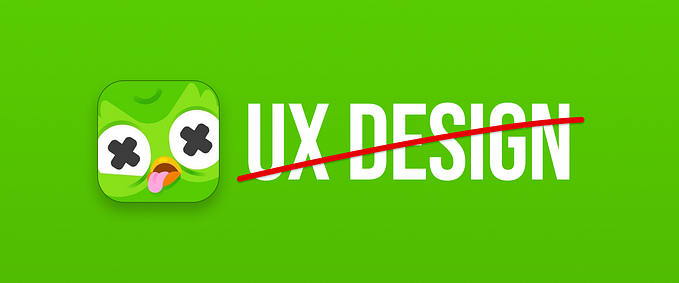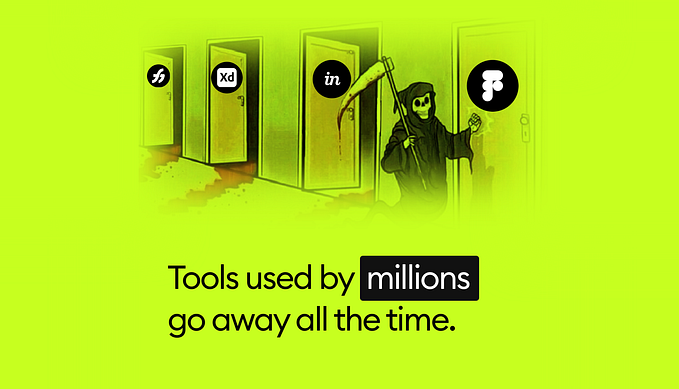Embracing Mistakes and Criticism: The Power of Growth Mindset and Self-Reflection

We’ve all been there. You make a mistake or receive criticism, and suddenly you feel your heart race and your stomach clench.
Thoughts of failure and self-doubt creep in — sometimes quickly, sometimes subtly.
But what if, instead of letting mistakes and criticism discourage you, you viewed them as stepping stones to self-improvement?
This shift in mindset, from fearing mistakes to embracing them, can fundamentally change the way youapproach challenges in life.
It’s the essence of a growth mindset: the belief that abilities and intelligence can be developed over time with effort, feedback, and persistence.
The Power of a Growth Mindset
Few stories illustrate the power of resilience and growth mindset better than that of basketball legend Michael Jordan.
Cut from his high school varsity team, he didn’t let that failure define him. Instead, he used it as motivation to work even harder — practicing, refining, and honing his skills relentlessly.
His setbacks became his roadmap for continuous improvement, eventually leading him to become one of the greatest athletes of all time.
In everyday life, we might not be training to become sports legends, but we do face our own goals, fears, and challenges.
Embracing a growth mindset means understanding that mistakes are not evidence of our inadequacies; they’re signposts telling us where we need to pay attention and learn more.
Overcoming the Fear of Failure
One of the biggest barriers to embracing mistakes is the fear of failure.
This fear can keep us trapped in our comfort zones, preventing us from taking risks that could lead to growth. Overcoming this fear involves:
- Reframing Failure
Instead of viewing it as the end of the road, see failure as a temporary setback and a source of valuable data about what went wrong and how you can improve. - Practicing Self-Compassion
Recognize that everyone slips up; everyone hears “no” at some point. Being kind to yourself during tough moments helps you bounce back faster. - Taking Incremental Risks
Don’t jump straight into your biggest fear. Start small — take manageable risks that gently stretch your comfort zone. Over time, you’ll develop confidence in your ability to handle uncertainty.
Strategies for Handling Criticism
Criticism can feel like a personal attack, especially when you’re already feeling vulnerable.
However, there are mindful ways to handle it that can transform it into an opportunity for improvement:
- Self-Regulation in the Moment
- Pause and Breathe: Before reacting, take a deep breath. This simple act can prevent you from lashing out or shutting down.
- Acknowledge Emotions: Notice if you feel defensive or upset. Let yourself feel it — but don’t let it dictate your response.
2. Practice Mindfulness and Self-Reflection
- Stay Present: Focus on what’s being said, not the worst-case scenario your mind might be conjuring.
- Ask Questions: Clarify what the critic means. Questions such as “Could you give me an example?” can help transform vague criticism into actionable feedback.
- Reflect Constructively: Later, ask yourself: “What’s the core message here, and how can it help me grow?”
3. Set Boundaries When Necessary
- Know When Criticism Is Unhelpful: Some criticism may be purely negative or aimed at hurting rather than helping. If that’s the case, calmly disengage.
- Protect Your Energy: You have the right to remove yourself from an interaction if it becomes abusive or toxic.
4. Avoid Ruminating
- Time-Limited Reflection: Allow a specific window — maybe 10 or 15 minutes — to process your emotions and consider the feedback. Then, consciously shift your focus to another task or activity.
- Seek Outside Perspectives: If you’re unsure whether the critique is valid, consult someone you trust. They can offer a more balanced viewpoint.
The Art of Giving Constructive Feedback
We all have opportunities to offer feedback — whether it’s to a friend, colleague, or family member. Here’s how to do so constructively:
- Focus on Behavior, Not Character
- Instead of “You’re always late,” try: “I noticed you arrived after our scheduled start time today. Could you share what happened?”
- This shifts the focus from blaming the person to addressing the issue at hand.
2. Use “I” Statements
- Communicate how the behavior affects you: “I feel frustrated when our meetings start late,” instead of “You’re ruining everyone’s schedule.”
- This prevents your feedback from sounding like a personal attack.
3. Be Specific and Actionable
- Provide clear examples and suggest concrete steps for improvement. Vague feedback helps no one.
- Offer resources or assistance where possible: “Let’s brainstorm how to make it work next time.”
4. Stay Open to Being Wrong
- Recognize you may not have the full picture. Encourage dialogue. If you discover missing information that changes your perspective, own it and be willing to adjust your feedback.
5. Offer Support and Encouragement
- Reinforce the idea that your feedback is about growth, not punishment. Let the other person know you believe in their ability to improve.
Creating a Culture of Learning
A single person with a growth mindset can influence those around them — family, friends, or coworkers. By normalizing the idea that mistakes are stepping stones, not endpoints, you can foster an environment where people feel safe to take risks and try new things:
- Celebrate Effort Over Perfection: Recognize when someone puts in the effort, even if the outcome isn’t perfect.
- Share Stories of Failure: Encourage open dialogue about lessons learned from mistakes.
- Model Self-Reflection: Show others how you integrate feedback and adapt your approach. This leads by example.
Conclusion
Mistakes and criticism can feel uncomfortable, but when approached with a growth mindset, they become invaluable tools for progress.
Whether it’s Michael Jordan turning personal disappointment into athletic triumph or you using feedback to improve a skill, the principle is the same: setbacks are not dead ends — they’re detours guiding you toward success.
By practicing self-regulation, embracing mindfulness, and choosing to remain open-minded, you can handle criticism with grace and learn from every stumble.
On the flip side, offering constructive feedback — focusing on behaviors rather than attacking someone’s character — creates a positive feedback loop that benefits everyone involved.
Ultimately, growth is an ongoing journey, paved by the lessons we learn from our missteps. The next time you’re faced with an error or a critique, remember: this is not a sign that you’re failing; it’s a reminder that you’re growing. So take a breath, lean into your discomfort, and watch as your resilience, courage, and capabilities expand — one lesson at a time.
Thank you for reading! If this article resonated with you, feel free to share it with others or leave a comment below. If you’re ready to go deeper into your own healing, building up your growth mindset, and strengthening your mindset across all aspects of your life, check out my Step-by-Step Roadmap to Inner Child Healing [here].
Keep embracing mistakes, seeking feedback, and discovering the power of a growth mindset.








